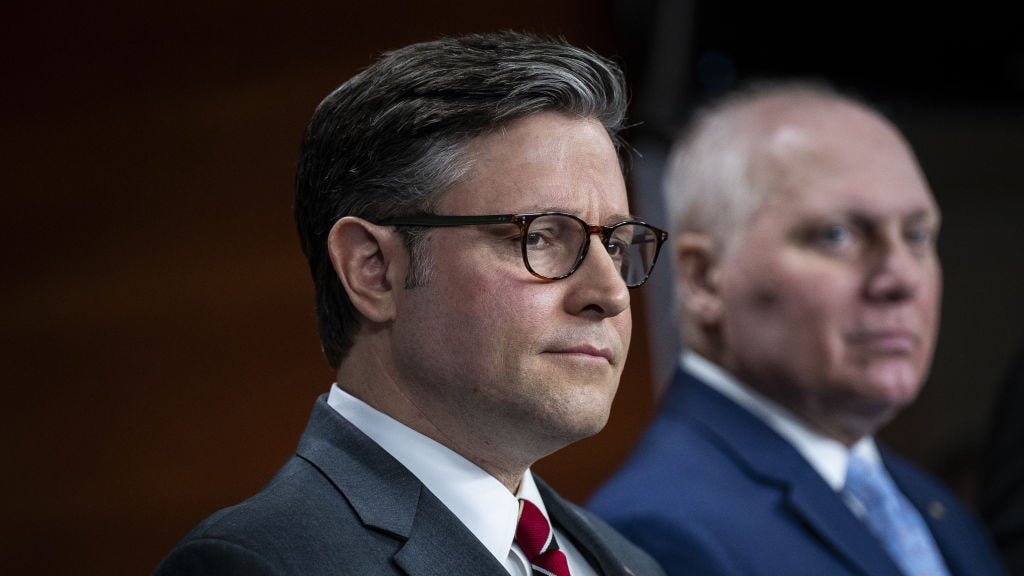The 119th Congress convenes on Friday, initiating the crucial process of electing the Speaker of the House. This constitutional officer presides over the House of Representatives and is essential for the chamber’s operation. The House cannot conduct any business, including swearing in members, until a Speaker is chosen. Following the Speaker’s election and swearing-in, the House must adopt rules governing its procedures before it can begin legislative work, which includes debating bills, voting, and forming committees. The historical precedent for Speaker elections suggests the possibility of a protracted and contentious process.
The recent history of Speaker elections underscores the potential for difficulty in securing the necessary votes. In 2023, the House required 15 ballots over five days to elect Kevin McCarthy as Speaker. McCarthy’s subsequent removal nine months later led to a 22-day vacancy in the Speakership, paralyzing the House’s legislative activities. The subsequent nominations of Steve Scalise, Jim Jordan, and Tom Emmer all failed before Mike Johnson finally secured the position. However, Johnson’s tenure has been marked by controversy, particularly regarding his handling of spending bills, including cooperation with Democrats on key legislation, and a massive interim spending package that drew criticism from within the Republican party.
Johnson’s controversial leadership has placed his reelection as Speaker in doubt. The process begins with the House Clerk presiding over the initial proceedings, which include a “call of the House” to confirm the presence of members. Following this, nominating speeches are delivered, with Republicans expected to nominate Johnson and Democrats putting forth Hakeem Jeffries. Members then cast their votes verbally and alphabetically. Crucially, members are not restricted to voting for fellow House members, potentially opening the door for votes for individuals outside of Congress.
The winning candidate requires an absolute majority of votes cast for a specific individual. With a projected 434 members, 218 votes are needed to secure the Speakership. Estimates suggest that between 12 and 17 Republicans may vote against Johnson, creating uncertainty about the outcome. The possibility of some Republicans voting “present” adds another layer of complexity. While a “present” vote doesn’t count against Johnson, a sufficient number of such votes could potentially hand the Speakership to Jeffries if he secures the majority of votes cast for named candidates.
The political calculus surrounding the “present” vote is fraught with risk for Republicans. If enough Republicans withhold their vote for Johnson, even without voting for an alternative candidate, Jeffries could win the Speakership with a simple majority of the remaining votes. This scenario highlights the precarious position of Republicans given their slim majority and the internal divisions within the party. While some conservatives may oppose Johnson, the prospect of a Democratic Speaker is likely even less palatable, creating a high-stakes dilemma.
The consequences of a protracted Speaker election could be significant. A delayed election could interfere with the certification of the Electoral College vote, scheduled for January 6th. The House and Senate are required to meet in a joint session for this certification, which cannot proceed without a Speaker. Moreover, a prolonged struggle over the Speakership foreshadows potential future conflicts within the Republican party, particularly regarding the implementation of President-elect Trump’s agenda. The deep divisions within the party, evident in the previous Speaker election saga, suggest the possibility of ongoing internal battles that could hamper the legislative process.















